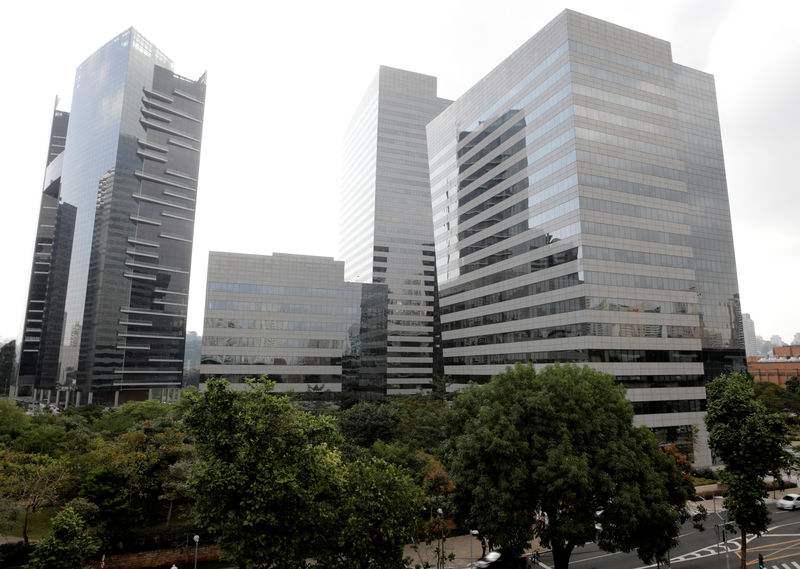Investing.com -- Brazilian stocks took a sharp hit this week as markets reacted negatively to Finance Minister Fernando Haddad's fiscal package, which included R$70 billion in expenditure cuts over two years.
Investors viewed the measures as insufficient to stabilize the nation’s growing debt, particularly when paired with an unexpected income tax exemption that diluted the savings from the cuts.
The Ibovespa index is heading for its worst week since February 2023, while the real has dropped over 4% this week.
Sovereign bonds also slumped, with market sentiment dampened by fiscal concerns.
The announced tax exemption for individuals earning up to R$5,000 per month, a campaign promise from President Luiz Inácio Lula da Silva, is expected to cost R$50 billion, according to analysts at Bank of America.
The government plans to offset this through higher taxes on high-income earners and previously exempt financial products.
However, the timing for legislative approval remains uncertain, raising questions about the feasibility of these offsets.
“[The] expenditure cuts were expected now but income tax exemption was not,” Bank of America analysts said. The fiscal adjustments, while reinforcing the framework in the short term, fall short of the levels needed to stabilize Brazil's debt-to-GDP ratio over the long term.
"Up until now, the exemption was for those earning up to R$2,824 per month (equivalent to two minimum wages). The fiscal impact of this measure is around R$50bn but the Finance Minister stated that it will be compensated by higher taxation for those that earn more than R$50,000 per month," added BofA.
This sentiment is exacerbated by the backdrop of a stronger U.S. dollar and heightened global risk premiums following Donald Trump’s election in the U.S.
